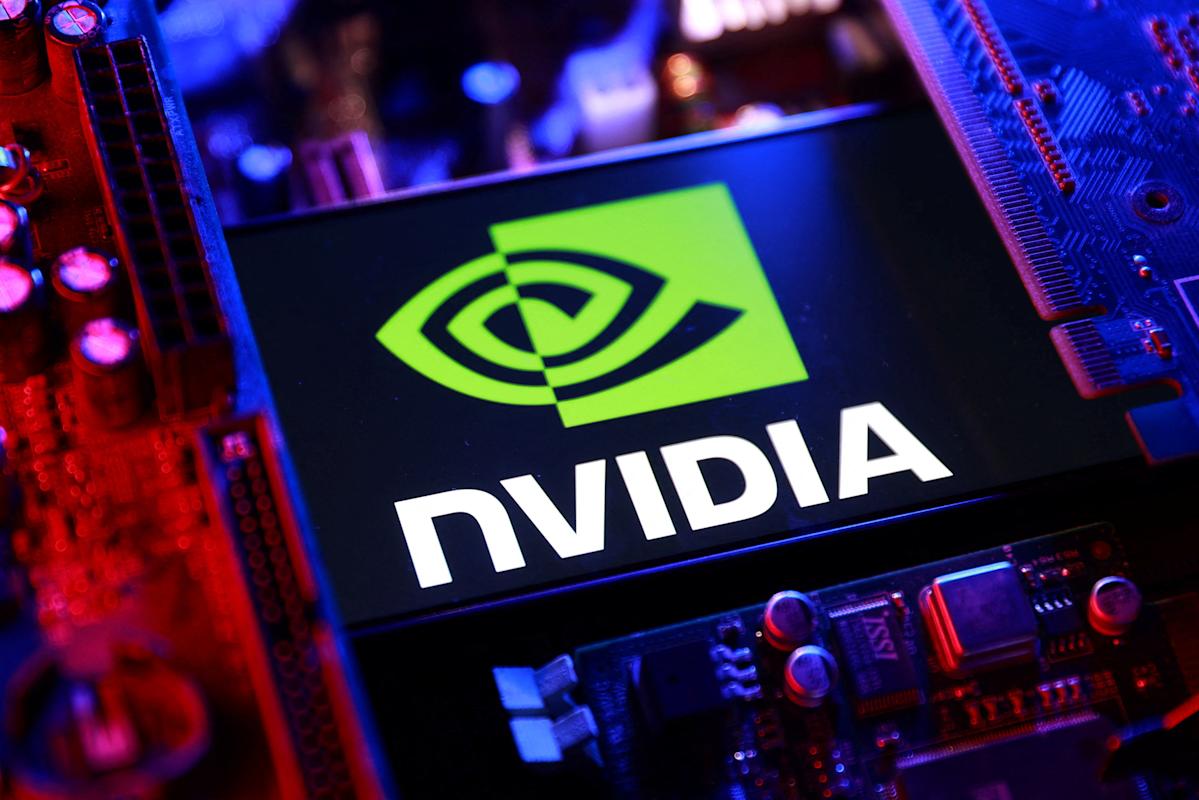China regulator alleges NVIDIA breached antitrust rules in Mellanox acquisition

Key Points
- China's SAMR alleges NVIDIA violated antitrust laws in its $6.9 billion Mellanox acquisition.
- The regulator claims NVIDIA breached national regulations and conditional terms set during approval.
- No penalties have been announced; the investigation remains ongoing.
- Findings were released amid U.S.–China trade talks in Madrid, potentially giving China leverage.
- The acquisition was announced in 2019 and approved by China the next year under specific supply conditions.
- China recently discouraged purchases of NVIDIA's H20 chips pending a security review.
- U.S. Commerce Secretary Howard Lutnick indicated NVIDIA would not sell its most advanced chips to China.
- The case may impact future foreign investments and U.S.–China technology trade dynamics.
China's State Administration for Market Regulation has opened an investigation into NVIDIA's $6.9 billion purchase of Mellanox, asserting that the deal violated national antitrust laws and the conditions China set when it approved the takeover. While no penalties have been announced, the regulator’s preliminary findings were kept confidential until now, coinciding with U.S.–China trade talks in Madrid. The original acquisition was announced in 2019 and approved by Chinese authorities the following year on the basis that NVIDIA would continue supplying GPUs and interconnect products under “fair, reasonable, and non‑discriminatory” terms.
Regulatory scrutiny of NVIDIA's Mellanox takeover
China's State Administration for Market Regulation (SAMR) has formally accused NVIDIA of breaching Chinese antitrust regulations in connection with its acquisition of the chipmaker Mellanox. The regulator’s preliminary findings, derived from an investigation that began in December, claim that NVIDIA violated both national antitrust statutes and the specific conditions that China imposed when it approved the $6.9 billion takeover.
According to the SAMR, the company did not adhere to the “fair, reasonable, and non‑discriminatory” principles that were stipulated as part of the approval process. The regulator has not yet announced any penalties, indicating that the investigation will continue while the findings are evaluated.
Timing of the disclosure
The SAMR reportedly reached its preliminary conclusions several weeks ago but delayed releasing the statement until the present moment. Financial Post sources suggest that the timing was chosen to align with ongoing trade negotiations between the United States and China taking place in Madrid, a setting that could provide Chinese officials with additional leverage. Those talks have already produced a framework agreement concerning TikTok.
Background of the acquisition
NVIDIA first announced its intent to buy Mellanox in 2019. The Chinese government granted approval for the transaction in April of the following year, imposing the condition that NVIDIA continue to supply GPUs and interconnect products to the Chinese market while observing the aforementioned “fair, reasonable, and non‑discriminatory” standards, as reported by the South China Morning Post.
Related tensions over chip sales
In the months preceding the regulator’s announcement, reports indicated that China was discouraging domestic companies from purchasing NVIDIA's H20 chips pending a national‑security review. Chinese officials expressed displeasure with comments made by Howard Lutnick, the U.S. Commerce Secretary, regarding the tiered approach to chip sales to China. Following a three‑month U.S. ban, the United States permitted NVIDIA to resume offering chips to China in July. Lutnick explained that the company would not sell its most advanced technology, stating, “We don’t sell them our best stuff, not our second best stuff, not even our third best. The fourth one down, we want to keep China using it.” He added that the strategy was intended to keep Chinese developers dependent on the American technology stack while ensuring the U.S. remains a step ahead.
Implications
The SAMR’s allegations add a new layer of regulatory risk to NVIDIA’s operations in China, a market that remains critical for the company’s semiconductor business. The outcome of the investigation could influence future foreign‑direct investments in Chinese technology sectors and may affect the broader dynamics of U.S.–China trade relations, especially in high‑technology areas.